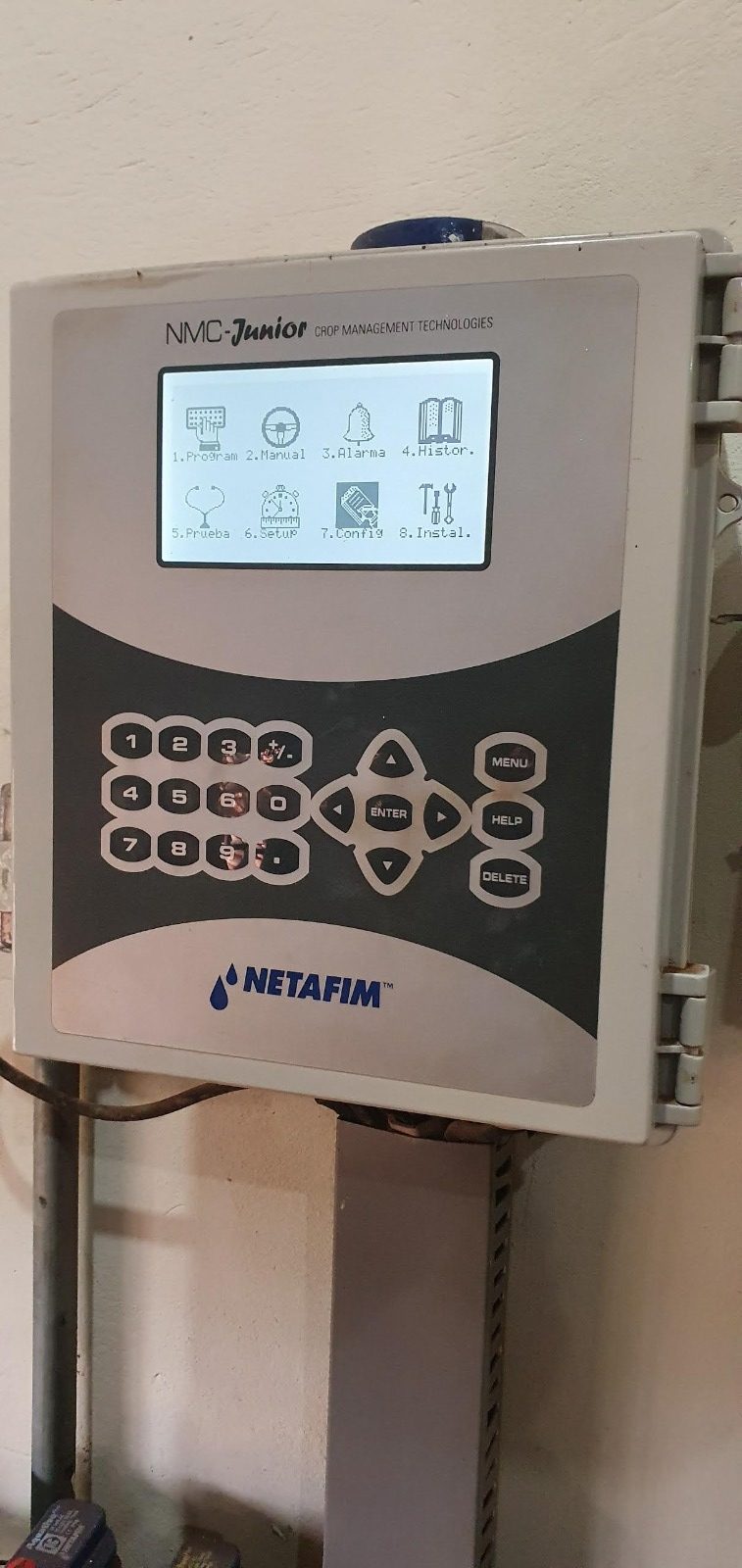The SMART project aims to develop an efficient and sustainable agricultural supervision and management system based on the computing continuum. By integrating IoT, edge computing, and artificial intelligence, the project enhances real-time decision-making, optimizing irrigation, fertilization, and pest control.

Key Challenges
Seamless Data Integration – Develop a computing continuum that integrates high-altitude, low-altitude, and ground-level sensing technologies while ensuring compatibility across global protocol standards.
Autonomous Edge Computing – Enable intelligent decision-making at the device level, reducing data transmission needs through autonomous drones and smart aggregation nodes with fault detection and self-repair.
Precision Crop Sensing – Integrate multi-source sensor data to accurately monitor, predict, and manage crop growth, environmental conditions, and pest activity for improved agricultural planning.
AI-Driven Sustainable Farming – Design intelligent decision-making models to optimize irrigation, fertilization, and pesticide application, enhancing resource efficiency and reducing environmental impact.
SMART Solutions
The implementation of the SMART project will focus on building a smart
agricultural supervision and management system with global applicability, promote the digital and intelligent transformation of agricultural production, improve the efficiency and sustainability of agricultural production, and contribute to global food security and environmental protection. To achieve this goal, some key issues will be addressed:
- Accurate fusion and perception of multisource heterogeneous data
- Reliable and autonomous control issues under complex network structure and application environment
- Accurate perception of farmland production status under the restriction of complex factors
- Intelligent regulation and control of farmland crop growth under sustainable constraints
